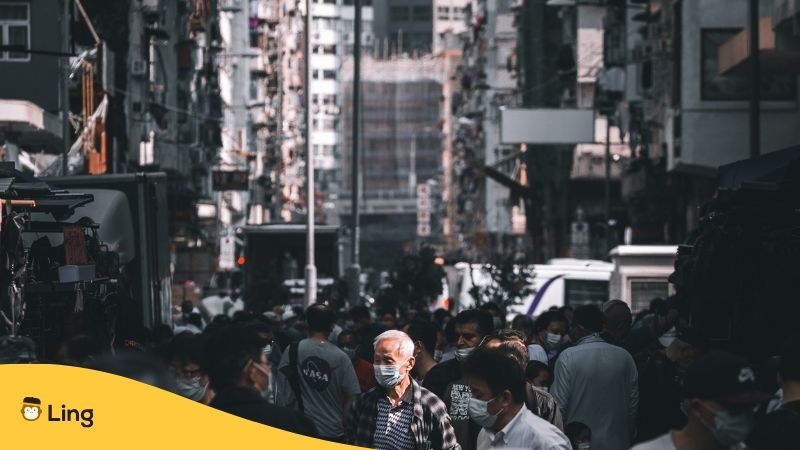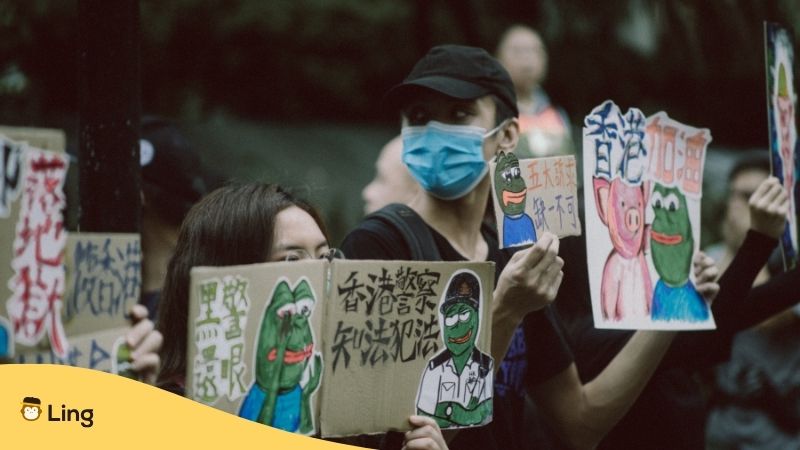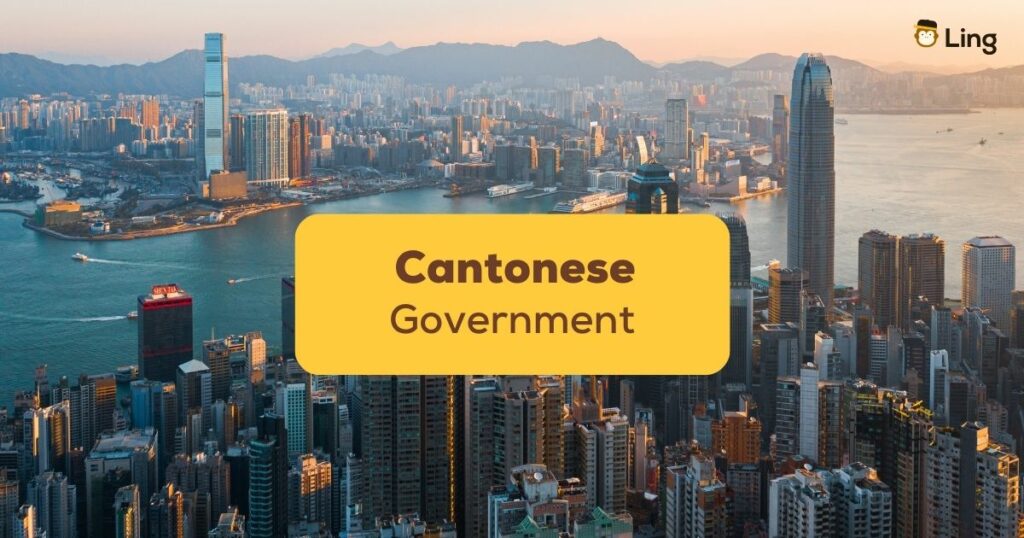The Cantonese government has long been a subject of intrigue and curiosity to the outside world as it has ruled over a small corner of China, comprising Guangdong, Hong Kong, and Macau ever since the region became a colony of the British Empire during the second half of the nineteenth century. This gateway to the mainland of one of the most powerful countries on the planet has a unique administrative system that combines Chinese tradition with elements of Western governance.
This time, we will be taking a closer look at the Cantonese government, exploring its history, structure, and role in shaping this very special region.
Historical Overview
To understand the Cantonese government, it’s essential to know some of the history. The region’s governance has evolved significantly over the centuries. Following are the key historical milestones.
Imperial China
Ancient Guangdong was subject to the central authority of Chinese dynasties, but the region was known for its independence and entrepreneurial spirit. It served as a gateway for trade with the world, especially through the Silk Road and sea routes.
Treaty Of Nanking (1842)
The First Opium War led to the Treaty of Nanking, which ceded Hong Kong Island from the Qing Dynasty to the British Crown. This marked the beginning of Western influence in the region.
Treaty Of Tientsin (1856)
Guangzhou (Canton) and Shanghai were opened as treaty ports, allowing foreign powers to establish consulates and extraterritorial rights. This era further shaped the region’s administration.
1997 Handover
The transfer of sovereignty over Hong Kong from Britain to China marked a significant turning point in Cantonese government history, with the “one country, two systems” framework allowing the region a high degree of autonomy. Prince Charles (now King) attended the ceremony.

Administrative Structure
The administrative structure of the Cantonese government today is a complex blend of traditional Chinese governance and modern Western-style institutions. Key components of the system include:
Chief Executive
In Hong Kong and Macau, the Chief Executive serves as the head of government, appointed by the central authorities in Beijing. In Guangdong, the Chinese Communist Party Secretary holds a similar role. This duality reflects the “one country, two systems” framework.
Legislative Council
Hong Kong and Macau have their own legislative councils, responsible for making and amending laws. These councils have a mix of directly elected, functional constituency, and appointed members, reflecting a unique balance of democratic and autocratic elements enjoyed by the many million Hong Kong residents.
Judiciary
The region’s legal system is based on common law principles, inherited from British colonial rule. The judiciary enjoys a high degree of independence, as do the Hong Kong Police, and the Court of Final Appeal in Hong Kong is the highest appellate court for Hong Kong residents.
The “One Country, Two Systems” Framework
A defining feature of the Cantonese government is the “one country, two systems” framework. This policy, introduced by Deng Xiaoping in the 1980s, sought to preserve the region’s distinct economic, legal (Basic Law), and political systems for 50 years after the handover. The framework has had a profound impact on the region:
Economic Prosperity
The policy’s success in maintaining a separate economic system has been critical to the region’s continued prosperity. Hong Kong and Guangdong, in particular, have become global economic powerhouses.
Legal Autonomy
The continuation of the common law system in Hong Kong has preserved a robust legal environment, attracting international businesses and investors.
Social And Cultural Freedom
The “one country, two systems” policy has allowed Cantonese culture, language, and way of life to thrive, despite the influence of the mainland Chinese government on Hong Kong’s population.
Challenges And Controversies
Recent years have seen challenges to the policy, with concerns over Hong Kong’s autonomy, civil liberties, and the impact of national security legislation. For Hong Kong, China is always going to be wanting to impose its own rules on Hong Kong’s status.
Some Useful Admin Terms For The Cantonese Government

Contemporary Challenges
While the Hong Kong government has achieved remarkable success in various aspects, it faces several contemporary challenges if it wants to maintain Hong Kong’s freedoms:
Political Tensions
Ongoing political tensions, particularly in Hong Kong following the introduction of the National Security Law, have raised concerns about the region’s autonomy and civil liberties. The subject of Hong Kong’s independence is also a constant thorn in the side of the Communist government.
Economic Competition
Hong Kong’s economy faces increasing competition from other Chinese provinces in mainland China and Southeast Asian nations, forcing it to diversify its economy.
Social Issues
Issues like housing affordability and income inequality have become pressing concerns, particularly in Hong Kong.
Environmental Challenges
Rapid urbanization and industrialization have placed significant stress on the region’s environment, leading to pollution and ecological concerns.
Brush Up On Your Cantonese With Ling
Learning Cantonese is a great gateway to understanding China and the Chinese people. Although not as widely spoken as Mandarin, Cantonese is easier to learn. If you are looking for a language app that specializes in Eastern languages, why not give Ling a try? With lessons set by native speakers and plenty of games and quizzes to keep lessons interesting, the Ling app is available now at App Store and Google Play.



































































